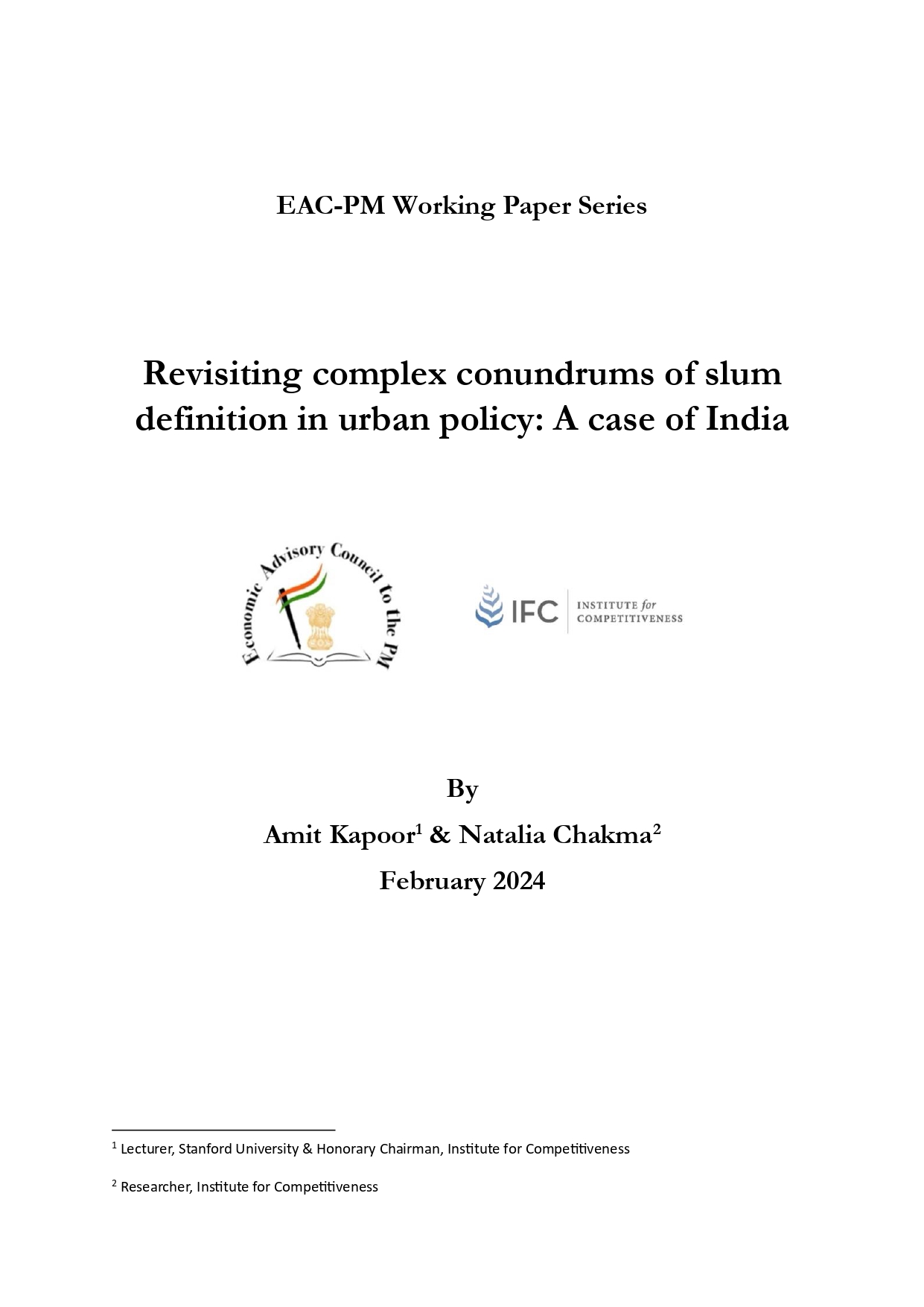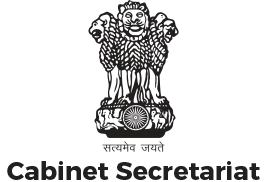Slums, often termed informal settlements, become the primary housing solution for low-income urban dwellers due to fierce competition for land and profits, leaving them with limited choices owing to their meagre incomes and lack of alternative housing opportunities. The paper delves into the global prevalence of slums, emphasising the significance of accommodating the urban poor, particularly in India. It explores the challenges faced by marginalised populations in planned cities and the critical need for precisely defining slums. The origin of the term ‘slum’ is traced, highlighting its evolving interpretation. The impact of rapid urbanisation on slum growth is analysed, emphasising the complex interplay of economic, social, and policy factors. The definition of slums is critically examined, along with the disparities and limitations in current categorisations. The paper highlights the evolution of slum policies in India, focusing on the role of definitions in shaping these policies, spanning from initial eradication strategies to current in-situ redevelopment initiatives, while examining the impact of evolving theories, the engagement of NGOs, and the persistent challenges in implementation. It scrutinises recent policies like the Pradhan Mantri Awas Yojana, featuring issues hindering effective slum improvement. Overall, the paper stresses the crucial link between clear slum definitions and successful urban poverty alleviation strategies.




